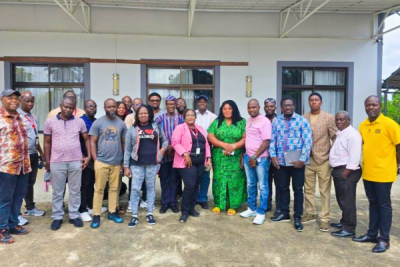-
Zimbabwe to launch $3M e-records system by year-end.
-
Pilot covers three ministries, targets 2030 development goals.
-
Challenges include skills, infrastructure, and data security.
Zimbabwe is set to launch an Electronic Document and Records Management System (EDRMS) valued at an estimated $3 million by the end of the year. Brenda Mamvura, Director General of the National Archives of Zimbabwe (NAZ), made the announcement Tuesday, June 17, during an interview with Herald Online. The interview took place on the sidelines of the 28th East and Southern Africa Regional Branch of the International Council on Archives (ESARBICA) conference, held in Victoria Falls from June 16 to 20.
Mamvura revealed that a company has already won the contract, and 60% of the procurement process is complete. The Ministries of Finance, Public Service, and the Office of the President and Cabinet have been selected to pilot the system before its nationwide rollout.
This initiative is part of the government’s broader ambition to elevate Zimbabwe to upper-middle-income status by 2030, with digital transformation serving as a key driver. Authorities aim to integrate information and communication technology (ICT) across society and economic sectors to accelerate sustainable socio-economic development. In public administration, the objective is to enhance service delivery, ensure more efficient and responsive governance, improve public resource management, and foster greater citizen engagement.
"The benefits of an EDRMS are clear," Mamvura said. "First, the integration of systems allows for smooth coordination across departments. Then, there’s improved efficiency. Public institutions and state-owned enterprises will be able to serve clients more quickly and effectively."
However, the system remains in its pilot phase, with implementation limited to three ministries for now. The digitization effort also raises several questions, particularly regarding the digital skills of public sector employees, the robustness of Zimbabwe’s technology infrastructure, the availability of adequate computer equipment, reliable internet access, and the protection of sensitive data.
By Isaac K. Kassouwi,
Editing by Sèna D. B. de Sodji



















